Chicken breeding has come a long way from traditional methods, and the future promises even more exciting developments in the field. As the demand for poultry products continues to rise globally, researchers and farmers are exploring innovative ways to enhance efficiency, sustainability, and overall productivity in chicken breeding. In this article, we will delve into the emerging trends in chicken breeding, including the introduction of new breeds, genetic advancements, and cutting-edge technologies that are shaping the future of poultry farming.
Genomic Selection and Precision Breeding:
One of the most significant advancements in chicken breeding is the utilization of genomic selection and precision breeding. With the decoding of the chicken genome, scientists can now identify specific genes associated with desirable traits such as disease resistance, growth rate, and egg production. This targeted approach allows breeders to make more informed decisions, accelerating the breeding process and enhancing the overall quality of chicken breeds.
Designer Chickens and Specialty Breeds:
As consumer preferences evolve, there is a growing demand for specialty and designer chicken breeds. These breeds are specifically designed to meet particular market demands, whether it be for unique coloration, flavor profiles, or even specific nutritional characteristics in eggs and meat. Breeders are using advanced genetic techniques to create these customized breeds, opening up new opportunities for niche markets and culinary experiences.
Robotic Technologies and Automation:
The integration of robotics and automation is revolutionizing poultry farming. Automated systems for feeding, monitoring, and even egg collection are becoming more prevalent. This not only increases efficiency but also allows farmers to manage larger flocks with greater precision. Robotics also play a crucial role in maintaining biosecurity measures, reducing the risk of disease transmission within and between flocks.
Gene Editing and CRISPR Technology:
The advent of CRISPR (Clustered Regularly Interspaced Short Palindromic Repeats) technology has ushered in a new era of gene editing in chicken breeding. This powerful tool enables scientists to precisely modify genes to enhance desired traits or mitigate genetic disorders. While ethical considerations and regulatory frameworks surround gene editing, its potential impact on disease resistance, productivity, and animal welfare cannot be overlooked.
Improved Disease Resistance:
Disease outbreaks can be devastating in poultry farming, leading to significant economic losses. Emerging trends in chicken breeding focus on enhancing disease resistance through selective breeding for genetic traits that confer immunity or resilience. This proactive approach aims to reduce the reliance on antibiotics and other medical interventions, contributing to a more sustainable and resilient poultry industry.
Environmental Sustainability:
The future of chicken breeding is intrinsically linked to environmental sustainability. Breeders are increasingly prioritizing traits that contribute to resource efficiency, such as improved feed conversion ratios and reduced environmental impact. Sustainable breeding practices not only benefit the environment but also align with consumer preferences for ethically sourced and environmentally friendly products.
Conclusion:
The future of chicken breeding is characterized by a convergence of scientific advancements, technological innovation, and a commitment to sustainability. From precision breeding and gene editing to automation and specialized breeds, these trends are collectively shaping a more efficient, resilient, and ethical poultry industry. As we navigate the challenges of feeding a growing global population, these developments in chicken breeding offer promising solutions for a sustainable and thriving future in poultry farming.
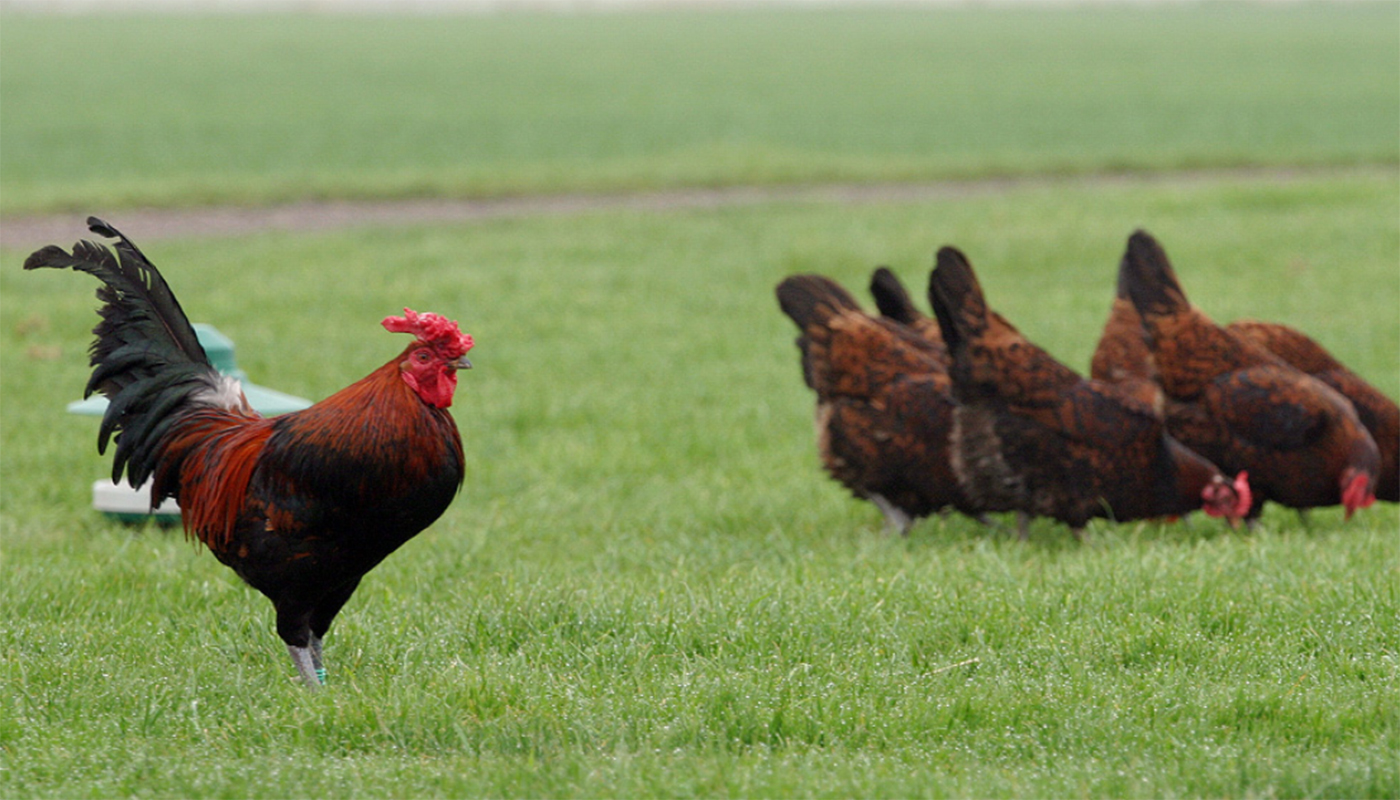 Redcap Chicken Breed – Everything You Need to Know
Redcap Chicken Breed – Everything You Need to Know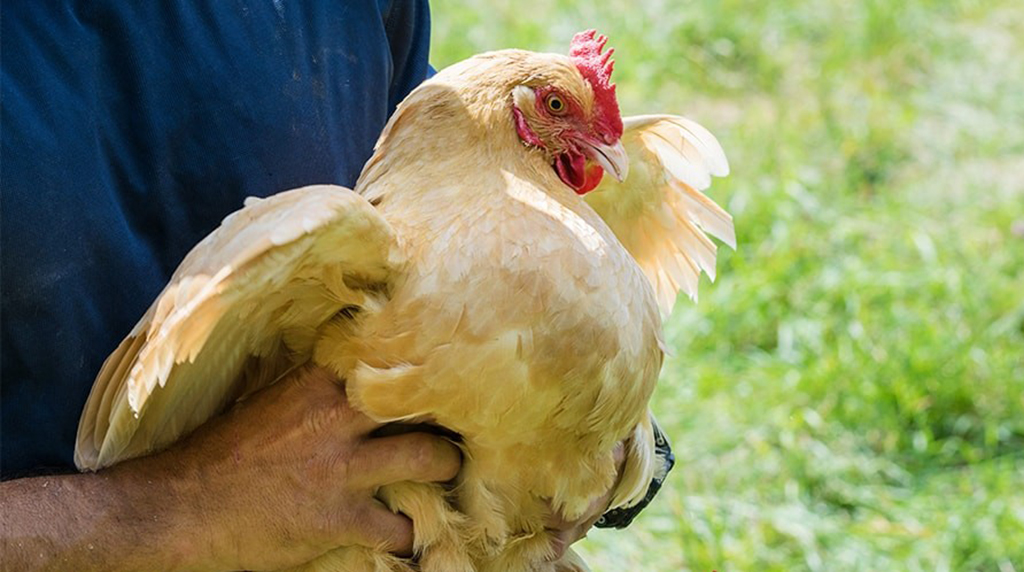 Why Deworming Chickens is Important?
Why Deworming Chickens is Important? Frizzle Chicken Breed – Everything You Need to Know
Frizzle Chicken Breed – Everything You Need to Know BREEDING CHICKENS
BREEDING CHICKENS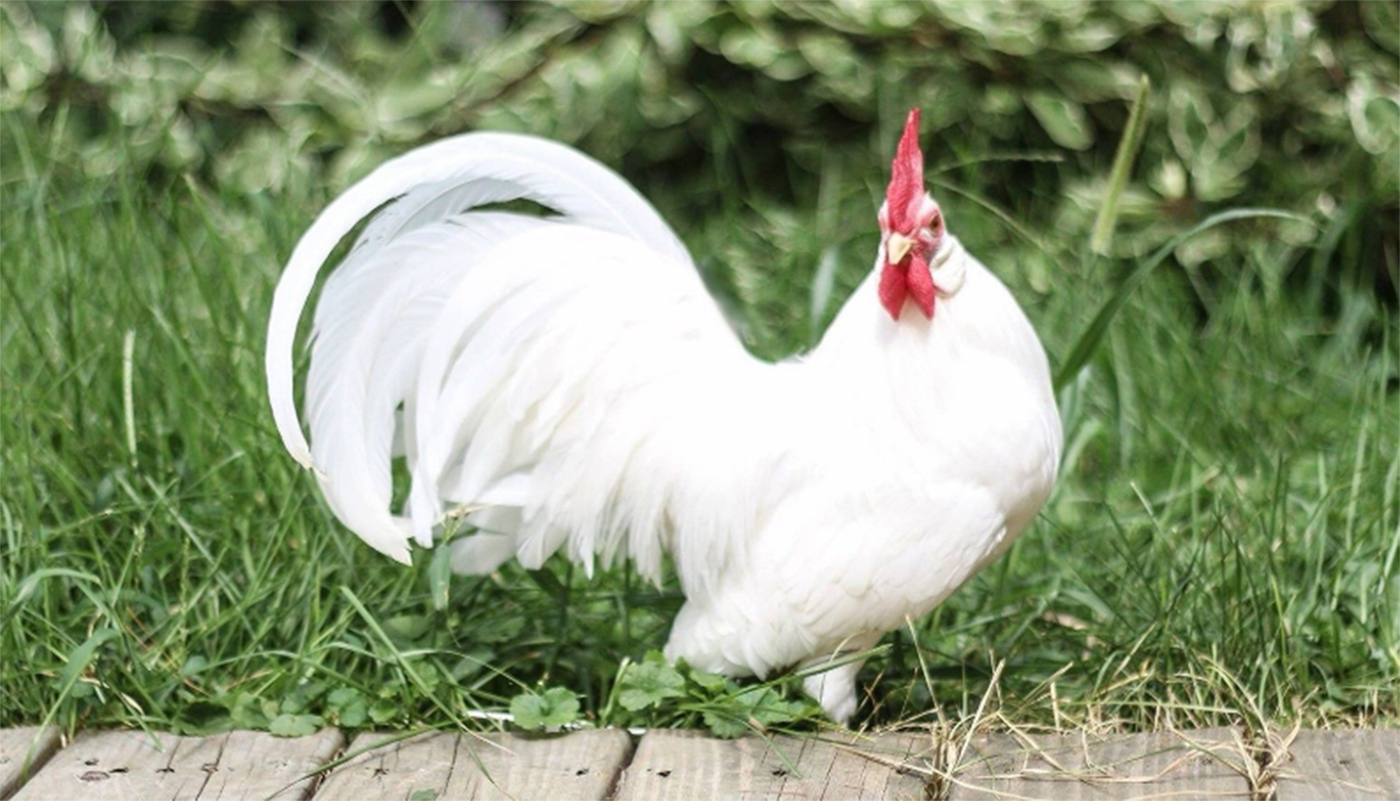 Leghorn Chicken Breed – Everything You Need to Know
Leghorn Chicken Breed – Everything You Need to Know La Fleche Chicken Breed – Everything You Need to Know
La Fleche Chicken Breed – Everything You Need to Know CHICKEN DISEASES THAT EVERY CHICKEN OWNER SHOULD BE AWARE OF
CHICKEN DISEASES THAT EVERY CHICKEN OWNER SHOULD BE AWARE OF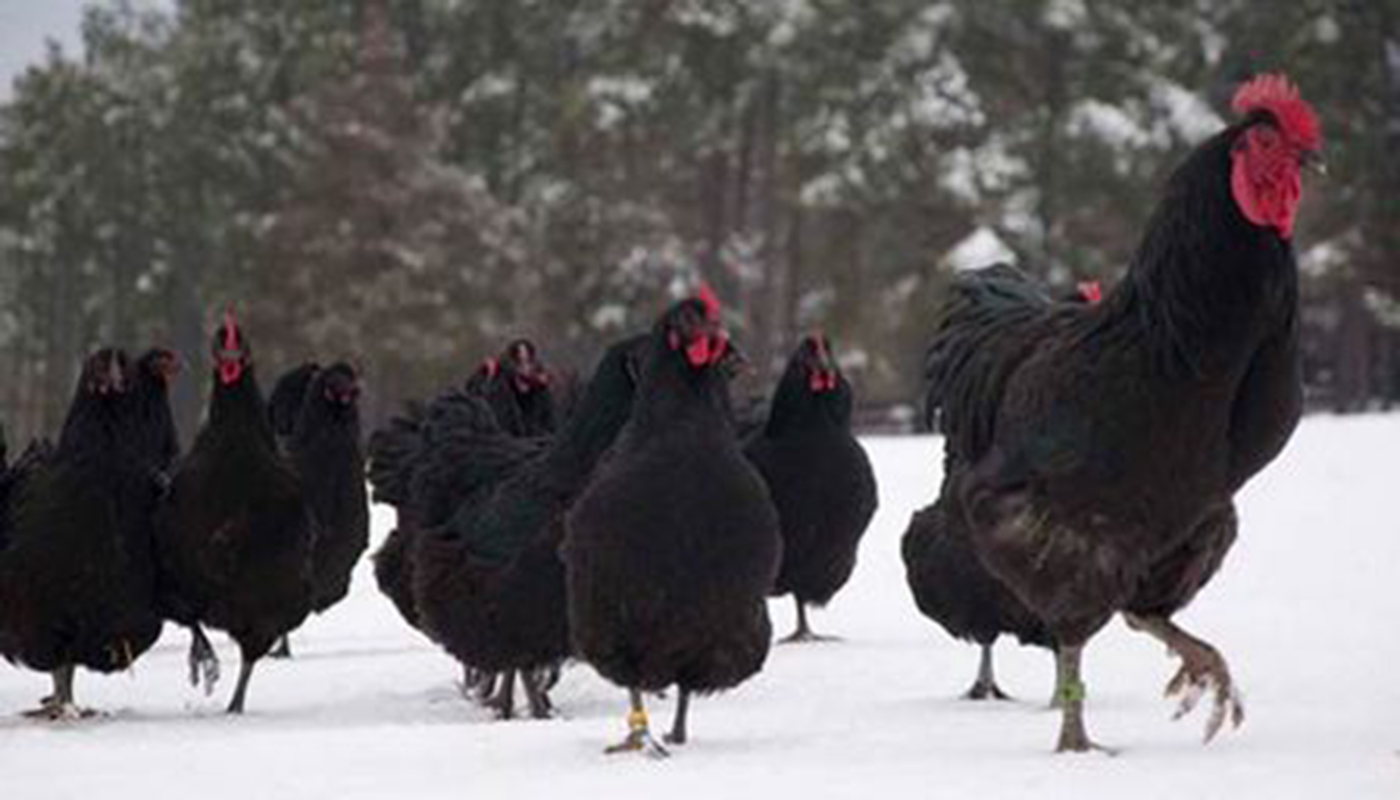 Jersey Giant Chicken Breed – Everything You Need to Know
Jersey Giant Chicken Breed – Everything You Need to Know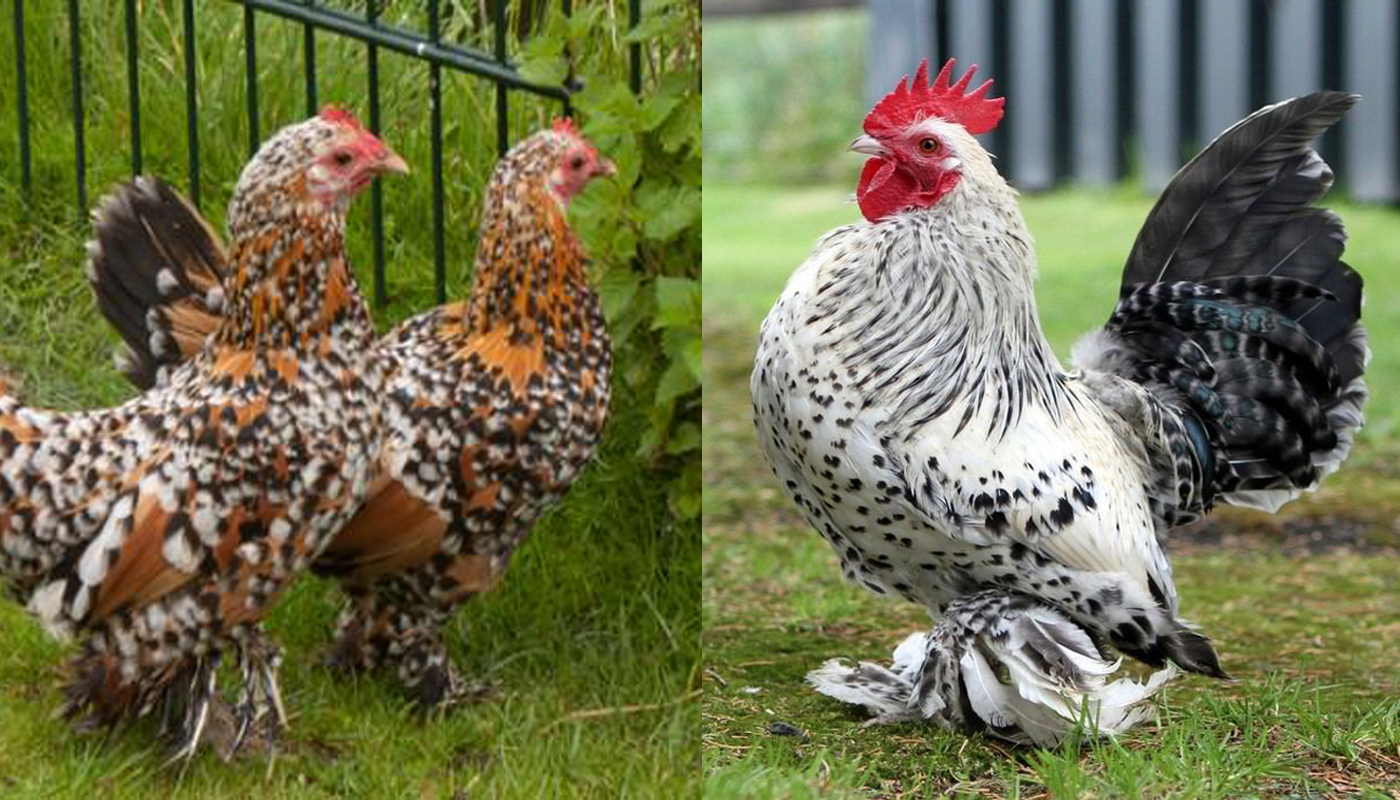 Booted Bantam Chicken Breed – Everything You Need to Know
Booted Bantam Chicken Breed – Everything You Need to Know Shamo Chicken Breed – Everything You Need to Know
Shamo Chicken Breed – Everything You Need to Know Cornish Chicken Breed – Everything You Need to Know
Cornish Chicken Breed – Everything You Need to Know Campine Chicken Breed – Everything You Need to Know
Campine Chicken Breed – Everything You Need to Know